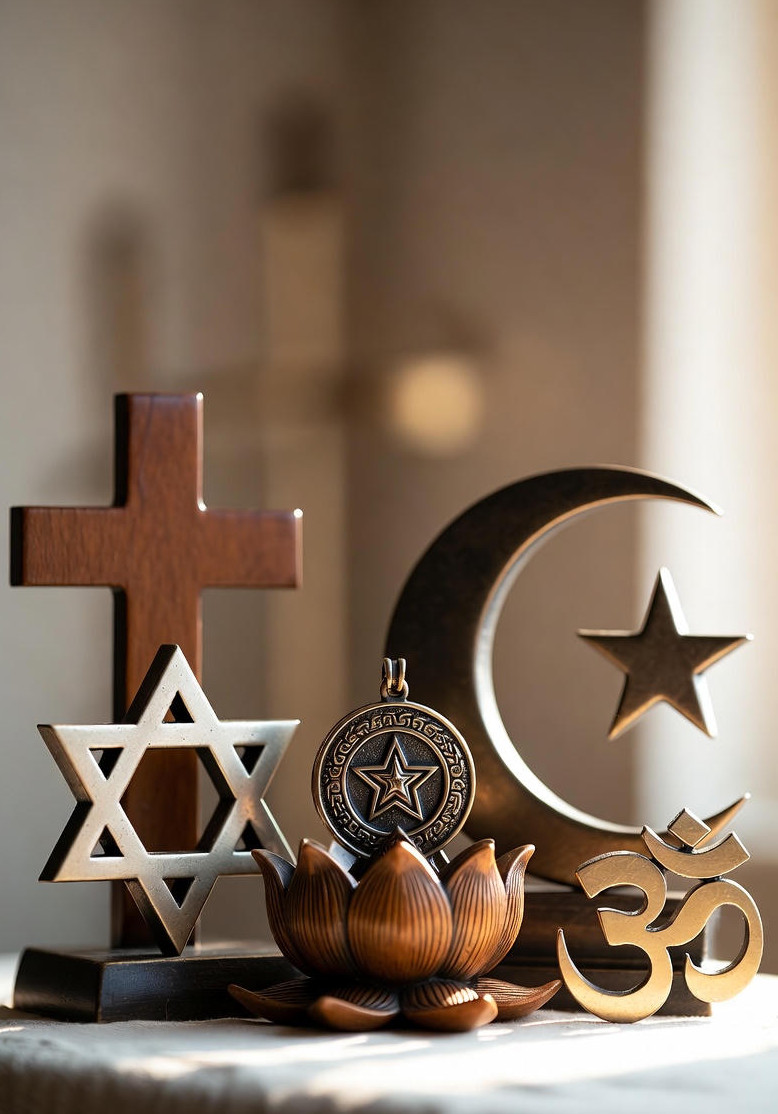People object to God’s existence because of the cacophony of voices claiming to speak for Him. This is usually taken to mean that either no one is right about God, or everyone is right about God. The negative version dismisses all claimants to the title of True Religion. The very fact that they disobey the rules of pluralism and assert that they are right and others are wrong automatically disqualifies them from being serious contenders. For such objectors, it would seem, the true religion would not claim to be the true religion.
Of course, such objectors don’t seem to notice that they believe pluralism is the absolute truth. They believe pluralism is the correct worldview, and that exclusivists are wrong. Because if you were going to be pluralistic about your pluralism, then you should happily accept the exclusivism of fundamentalist religion. Instead, pluralism must contradict itself, and insist that its view is the true view.
The other kind of pluralism is a little more consistent with itself. It suggests everyone is right. And since religions make contradictory truth-claims, this can only mean, everyone is right for believing they are right (though no one actually is). Here, truth only means something like believing sincerely. In this way, it makes no difference whether a truth claim corresponds to reality. All that is being said is that everyone’s subjective beliefs are valid to hold – which isn’t saying much at all.
Another version of this would say that every religion sees a portion of the elephant of reality, but none sees the whole. Therefore, each one is true for what it sees. But the problem with this approach is that religions are claiming to look at the same thing, namely, who is God, can we be made right with him, what sort of lives should we lead. Furthermore, who is the one holding the whole picture, who can tell us that each religion is seeing only a part? How would you know that unless you were privileged to see the whole picture? Masquerading as humility, this kind of pluralism is conceited arrogance.
Only a novice in comparative religion would claim that all religions are basically the same. A serious student of religions and worldviews knows that the differences vastly outweigh the similarities.
A multiplicity of religions is not really an argument against God. In most countries, political parties also proliferate, claiming to have the best solution for the country. Does that mean there is no political truth? A conflict over truth does not mean truth does not exist.
The fact that religions proliferate is, in fact, an argument for God. It points to something in human nature that instinctively worships. Religion represents an unquenchable desire in mankind for the transcendent, the eternal, the beautiful. As Lewis put it, “I find in myself a desire which no experience in this world can satisfy. If I find this and no experience can satisfy it, then the most probable explanation is that I was made for another world.”
Finally, we need to reckon with the reality of evil. If evil exists, then one of the results will be evil’s desire to deceive and mislead, to prevent the good that will come from believing the truth. We should expect that evil will counterfeit the truth in countless ways to increase the harm and pain that comes to mankind. Since we know and see the effects of evil in the natural and moral realm, we should see the distortion, deception and perversion of truth as one of evil’s acts and effects.
